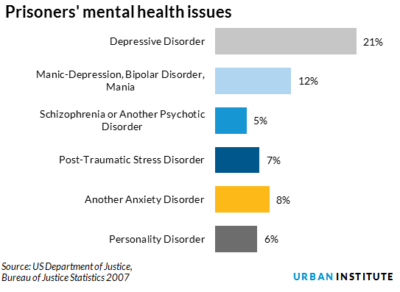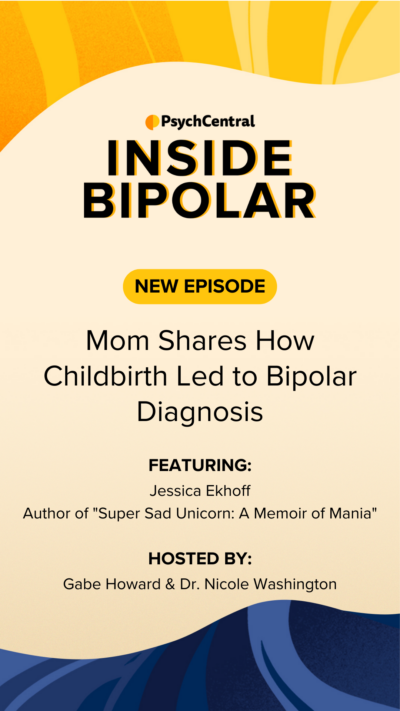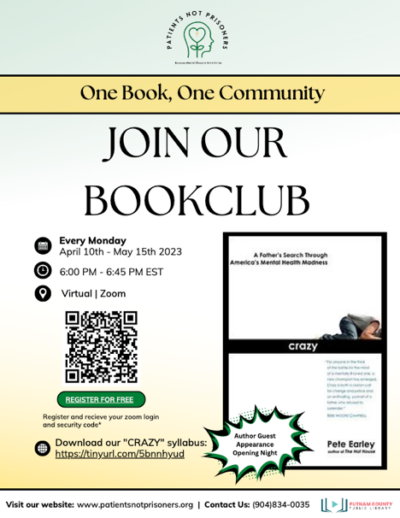(4-28-23) I am delighted that Colleen Miller, director of the disAbility Law Center of Virginia, is pushing forward with an investigation into the death of Irvo Otieno in Henrico County.
As reported in The Washington Post, Otieno, a 28 year-old Black man, was in handcuffs and leg restraints when Henrico County sheriff’s deputies and workers at Virginia’s Central State Hospital piled on him for 11 minutes, leading to his death by suffocation on March 6, according to surveillance video and the medical examiner. His death was ruled a homicide, and seven deputies and three hospital workers are facing second-degree murder changes.
The disAbility Law Center is the state’s P & A – Protection and Advocacy for Individuals with Mental Illness- watchdog established by Congress to investigate incidents of abuse and neglect in the mental health care system, and is charged to seek legal or administrative remedies if a health-care provider is not complying with the law.
I was critical of the law center when it chose not to investigate an equally horrific death in 2015. Jamycheal Mitchell, a 24 year-old Black man with a serious mental illness, died in the Hampton Roads Jail about four months after he was arrested for stealing about $5 worth of snacks from a Portsmouth Va., convenience store. His cause of death was a heart condition prompted by “wasting syndrome of unknown etiology (starvation).” Jail staff had allegedly denied him many meals, cut off the water to his cell and left him naked with no bedding or shoes as he smeared feces on the window of his urine-covered cell. Mitchell lost about 40 pounds during his time in jail waiting for a hospital bed.







